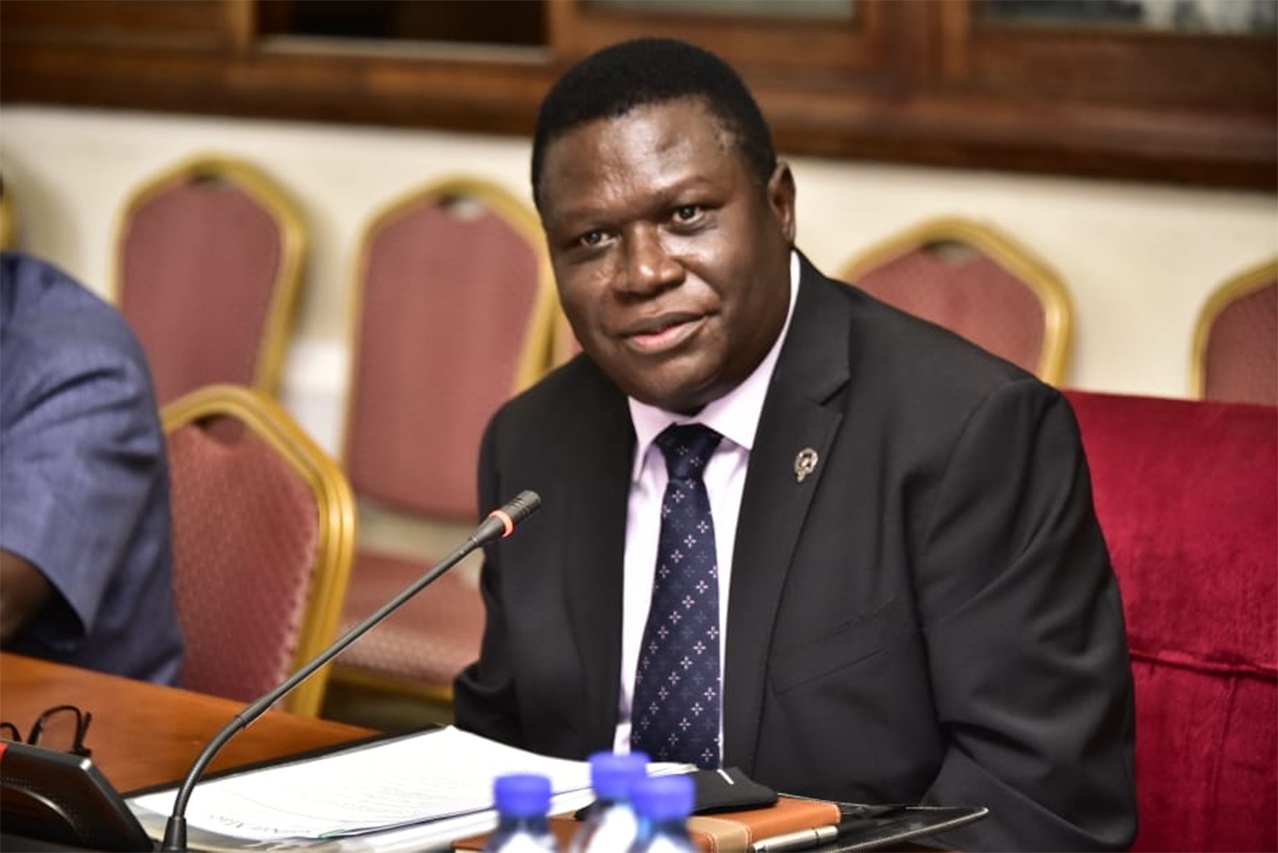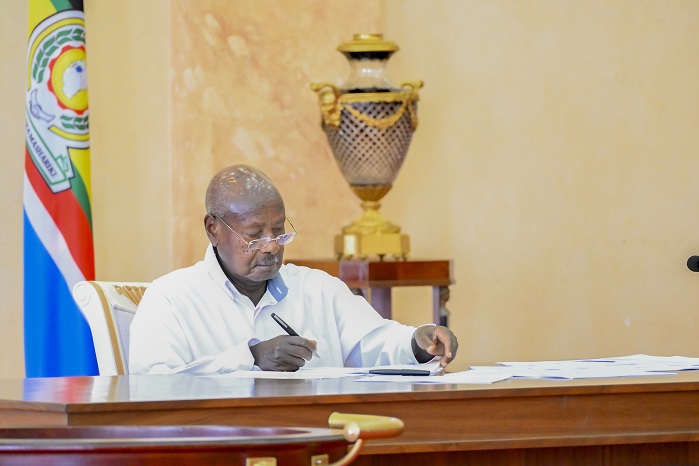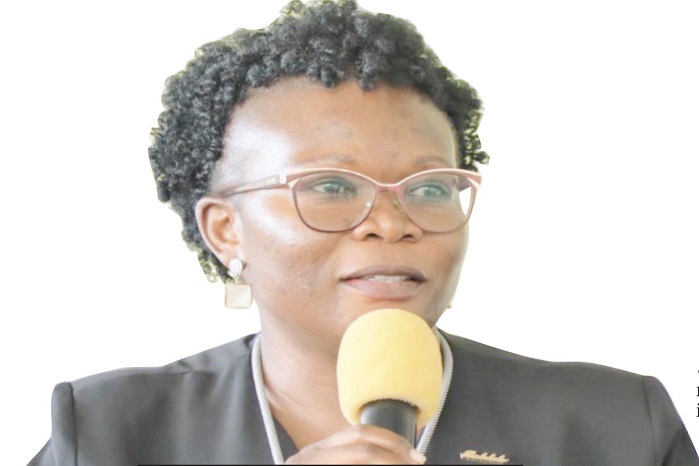
Norbert Mao
HABARI DAILY I Kampala, Uganda I Justice and Constitutional Affairs Minister, Norbert Mao has urged all political parties, especially the National Unity Platform (NUP), to rejoin the Inter-Party Organisation for Dialogue (IPOD), insisting that this platform is meant to foster meaningful political engagement and not just distributing government money.
While speaking during a Democratic Party (DP) press conference, Mao said he is more than ready to personally reach out to political parties who have distanced themselves from IPOD, especially NUP, to convince them that the dialogue platform is essential for Uganda’s democratic progress.
“This is not about eating Museveni’s money. IPOD was never designed to be a cash cow. It’s a space where parties with different views can sit across the table, debate, persuade, and be persuaded,” Mao emphasized.
He further revealed that he is working closely with the Attorney General to draft new laws that will strengthen IPOD’s legal structure. Once enacted, he said, the laws will bar political parties that are not members of IPOD from accessing any of its benefits.
“In the coming week, we shall be presenting a bill that will ensure only member parties enjoy what IPOD has to offer. At the moment, only five parties are officially on board,” he added.
The DP president’s remarks come at the back of NUP’s decision to withhold its renewal of IPOD membership. The party, led by Robert Kyagulanyi, alias Bobi Wine, has criticized IPOD in the past, accusing it of being a government tool to sanitise corruption and misrule.
However, NUP has faced public backlash for allegedly accepting billions in government funding despite distancing itself from the platform.
Mao defended IPOD’s role, asserting that it has always been a space for peacebuilding, not a vehicle for political compromise or silence.
“Democracy doesn’t work without conversation. Even people who disagree must have a platform to talk. Otherwise, we’re only deepening division and mistrust,” he added.
On internal party matters, Mao also addressed the recent discontent within DP following the delegates’ conference in Mbarara, where he retained the presidency.
He mocked those threatening court action and seeking redress through the Electoral Commission but insisted his door remains open for reconciliation.
“DP has always welcomed those cast adrift politically. Whether it’s Dr. Kiiza Besigye, Amama Mbabazi, or others—our history is full of moments of return and unity,” he said.
Mao’s renewed push for dialogue comes at a time when Uganda’s political landscape remains deeply polarized. His message is clear: political progress must be rooted in open discussion, not suspicion and disengagement.




